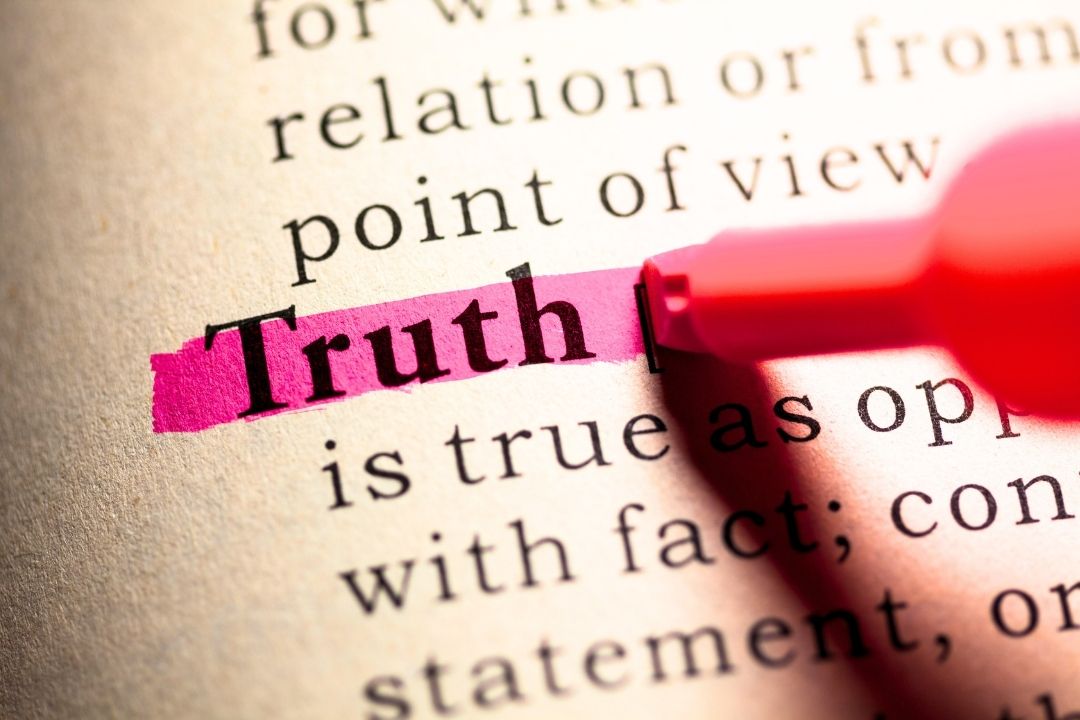Legal professionals practicing within the Commonwealth of Virginia must follow a strict framework of ethical guidelines—especially when advertising their services. The Virginia ethics rules define these standards and are deeply rooted in the broader ethics law in Virginia, which is designed to protect clients from deceptive, misleading, or coercive advertising.
Failure to adhere to these standards can lead to serious professional consequences, including sanctions, license suspension, or disbarment. For attorneys, understanding and applying these rules is essential. Being informed can help clients determine when ethical boundaries have been crossed.
The Importance of Client Protection and Transparency
Attorneys in Virginia are allowed to market their services, but this does not give them a license to mislead potential clients. Virginia ethics law insists on fairness, accuracy, and complete transparency in all forms of legal advertising.Clients deserve to make informed decisions. That’s why lawyers must ensure their advertisements truthfully represent their services without exaggeration, omission of material facts, or high-pressure tactics. Upholding these ethical standards builds trust and ensures compliance with the Virginia ethics rules.
The Virginia Ethics Rules for Advertising
The Virginia State Bar has laid out specific regulations under the Virginia ethics rules, particularly the Model Rules that govern attorney conduct. Among these, two stand out in the realm of advertising:
Model Rule 7.1 – Misleading Communications About Legal Services
Model Rule 7.1 plays a pivotal role in maintaining the integrity of attorney-client communication. This rule explicitly prohibits attorneys from making false or misleading statements. It also extends to situations where a lawyer may omit critical information, leading a potential client to develop unrealistic expectations.
For example:
- Implying guaranteed success in legal outcomes
- Using ambiguous language that could confuse or mislead
- Highlighting prior case outcomes without proper context
Lawyers must communicate clearly, transparently, and informatively. This ensures that potential clients are not duped by promises or implications that are ethically questionable under Virginia’s ethics law.
Model Rule 7.3 – Solicitation of Potential Clients
Model Rule 7.3 governs direct solicitation practices, which include reaching out to potential clients via email, letters, or electronic communications. While such outreach is allowed, it must comply with certain ethical safeguards under the Virginia ethics rules:
- Clear labeling: Any solicitation must be marked as “ADVERTISING MATERIAL” prominently.
- No harassment: Lawyers must cease communication if the recipient expresses disinterest.
- No coercion: Promises of guaranteed results or benefits are strictly prohibited.
- Exceptions: These rules do not apply if the recipient is a lawyer, has a prior relationship with the attorney, or has previously contacted the lawyer.
These stipulations reflect the principles embedded in Virginia’s ethics law, emphasizing the importance of client autonomy and informed consent.
Why Disclaimers Matter in Legal Ads
Disclaimers are not mere formalities—they are legal safeguards. An appropriately crafted disclaimer helps lawyers comply with Virginia ethics rules, especially when promoting prior case outcomes or client testimonials. Disclaimers clarify the limits of what is being promised, protect both the attorney and the client, and serve as documentation in case of ethical reviews or complaints.
Client Rights: How to Recognize Unethical Legal Advertising
Clients should be vigilant and informed about their rights. Here are some red flags that could indicate a breach of the ethics law in Virginia:
- Promises of “guaranteed results” or “quick settlements”
- Vague descriptions of legal services without disclaimers
- Aggressive follow-up emails or calls after showing disinterest
- Testimonials without context or factual basis
Understanding the Virginia ethics rules can empower clients to challenge inappropriate practices and hold attorneys accountable.
If you have concerns about legal advertising, ethical boundaries, or your rights as a client, I’m here to help.
📞 Call me at 703-206-6926
📧 Email me at info@macreedlaw.com
🌐 Visit my website at macreedlaw.com
As a solo practitioner, I’m committed to providing honest, ethical legal guidance that prioritizes transparency and client protection.

